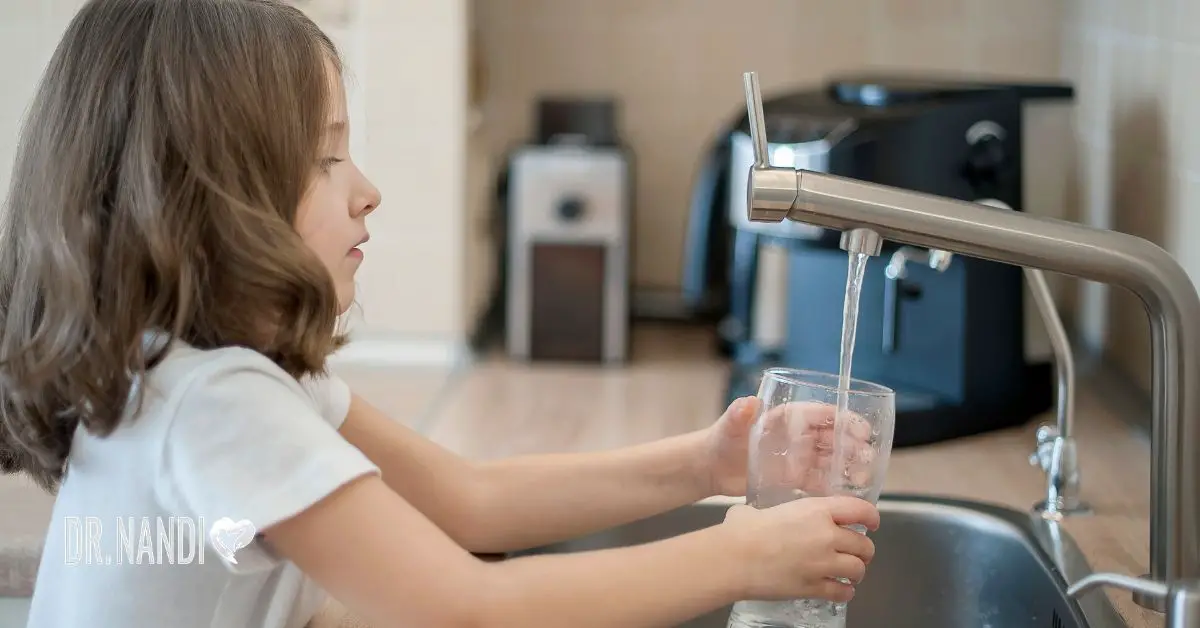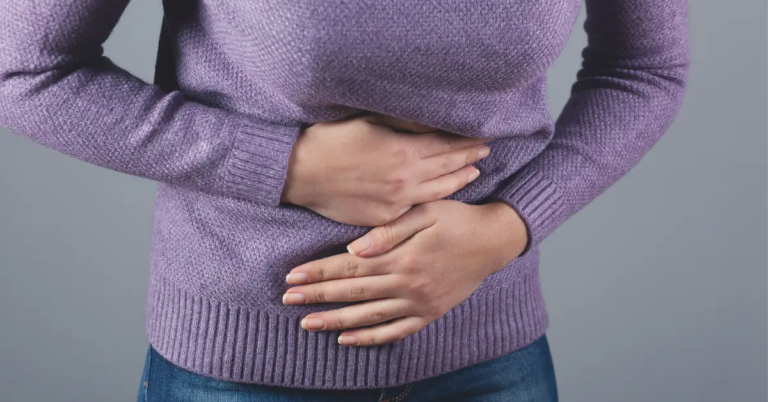According to a new study by the Environmental Working Group (EWG), there’s a toxic cocktail of chemicals in our tap water that could lead to cancer. It’s called this because our drinking water contains a mix of contaminants. Researchers calculated the combined health impact in over 48,000 community water systems nationwide of 22 carcinogens. Their estimates indicate over 100,000 cancer cases over a lifetime (~70 years) could be the result of these chemicals in the water.
Are Water Systems Meeting Safety Standards?
The answer here is, for the most part, yes. The large majority of water systems tested were in compliance with meeting legal drinking water standards. So, this isn’t due to a water quality crisis like we saw in Flint, where mismanagement and old lead pipes were to blame. In fact, about 87% of the estimated 100,000 cases are tied to byproducts of chemicals used to disinfect our water and arsenic. The other 13% are linked to radioactive chemicals like radium and uranium. This assessment does not include anyone getting their water from a private well, it is only for those drinking tap water.

So, Where Is The Problem?
It stands to reason if water systems are meeting legal requirements that the water is safe. The problem, however, is that government agencies assess water pollutants one at a time. This just isn’t realistic because, as the EWG report shows, we’re exposed to combinations of chemicals. So, while each chemical is considered safe individually, it’s the combined effect of multiple pollutants that can potentially affect our health.
Is It Bottled Or Bust?
The answer is not to switch to bottled water. Avoiding drinking water isn’t the solution either. Instead, the EWG recommends that everyone check their local water report and invest in an appropriate home water filtration system. This will help minimize your exposure to these contaminants. And as consumers, we need to keep an open mind when it comes to investing in technologies that can remove carcinogenic substances, which likely means paying more for our water.

My Personal RX:
Based on the findings from this study and my understanding as a medical professional, here are some specific steps that you can take to mitigate the risk of exposure to these harmful contaminants:
- Check Local Water Quality Reports: Understand the quality of your local water supply. Review the annual water quality report, also known as the consumer confidence report, from your water supplier.
- Invest in a Water Filtration System: Depending on your local water quality, consider investing in an appropriate home water filtration system that can remove the contaminants most prevalent in your water.
- Keep Informed About Water Technologies: Stay open-minded to new and developing technologies that could help remove carcinogenic substances from our water supply, even if they come at a higher cost.
- Healthy Diet and Lifestyle: Implement a healthy diet and lifestyle to strengthen your overall immune system. Remember, a strong body can cope better with potential threats.
- Download the Toxic Guide: For more detailed information on how to avoid exposure to harmful toxins, download a free copy of my Toxic Guide. This resource offers practical tips and strategies to limit your exposure to various harmful substances in everyday life.
- Consider the Detox Bundle: If you’re concerned about the cumulative effects of toxins in your body, consider my Detox Bundle. This program is specifically designed to help your body eliminate accumulated toxins, improving overall health and well-being.
Remember, these are just recommendations, and you should always consult your healthcare provider for personalized advice.





















